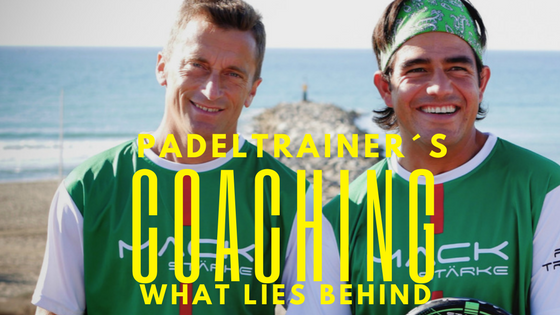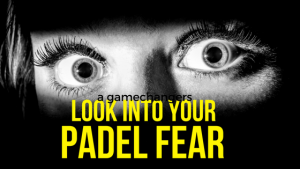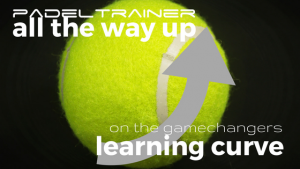Coaching is the word of the month down in our court. While we couldn´t be having a more intense experience down here in Portugal this week leading Sweden into the European padel championship and prepare to host our very own padel instructor course later this month we kind of narrowed down what we believe coaching in padel should mean.
Padel coaches beware: practically, mentally and yes emotionally you will be committed. We must say coaching does take a toll on your energy levels, while rewards you with great pride and joy. At any one time coaches fulfill the role of instructor, advisor, friend, mentor, facilitator, demonstrator, adviser, supporter, fact finder, motivator, counselor, organizer, and planner. All of it at the same time.
The end goal of coaching is to maximise the performance potential of individuals or teams enabling athletes to achieve levels of performance that may not have been possible if left to the athletes own endeavours.
As coaches, it is our role to create the conditions for learning to happen and to find ways of motivating athletes while retaining and enhancing those levels of motivation. Sometimes people tend to confuse leadership with coaching, as it has become an organizational discipline in itself. As we see it, leadership is an essence while coaching is a process. As padel coaches or at least when we act as such, we must use the depth and breadth of leadership in the process of building the conditions for optimal padel performance. Slight difference, but still important to underline.
As leaders, we should make sure the reality, the vision, the ethics and the courage are alive in our everyday assessments to make sure we give our athletes an honest picture of what goes on and lies ahead. Confidence is a must, in our selves, in our team as individual and group learners. Horizontally. All in. There is no half ground here.
The Padel Coaching Skills (you will be tested for them every day)
- Innovator: An innovative coach puts teams in the pathway of success personalizing practices, providing encouragement and strategies for the team and individual players.
- Organisation: Can only be done if coaches identify each performer needs and goals and then use these as the basis for session and programme planning. Honestly, a good coach should plan a series of sessions, a season or annual program.
- Communicator: Build good relations with performers, other coaches, administrators and parents when appropriate when working with the young.
- Time Management: Program drills and techniques in order to prevent athlete boredom and distraction. Staying focused and making good use of training time is only possible when athletes remain interested.
That being said we just have one last word to say. That is: we couldn´t be having a bigger and brighter experience than coaching all the good Swedish soldiers (rather vikings 😉 we have been trusted with. Let us hope together we build a chapter in padel history. You all have already written your piece in Padel Trainer´s hall of great experiences. Let´s keep hoping for the best, and enjoy the ride.
The Padel Trainer team



